Indian weddings are renowned worldwide for their grandeur, cultural diversity, and deep-rooted traditions. With a rich tapestry of customs and rituals, India showcases a myriad of wedding types, each unique to its region and community. In this blog post, we embark on a journey to explore the various types of weddings celebrated across India, discovering the vibrant colors, rituals, and festivities that make these occasions truly spectacular.
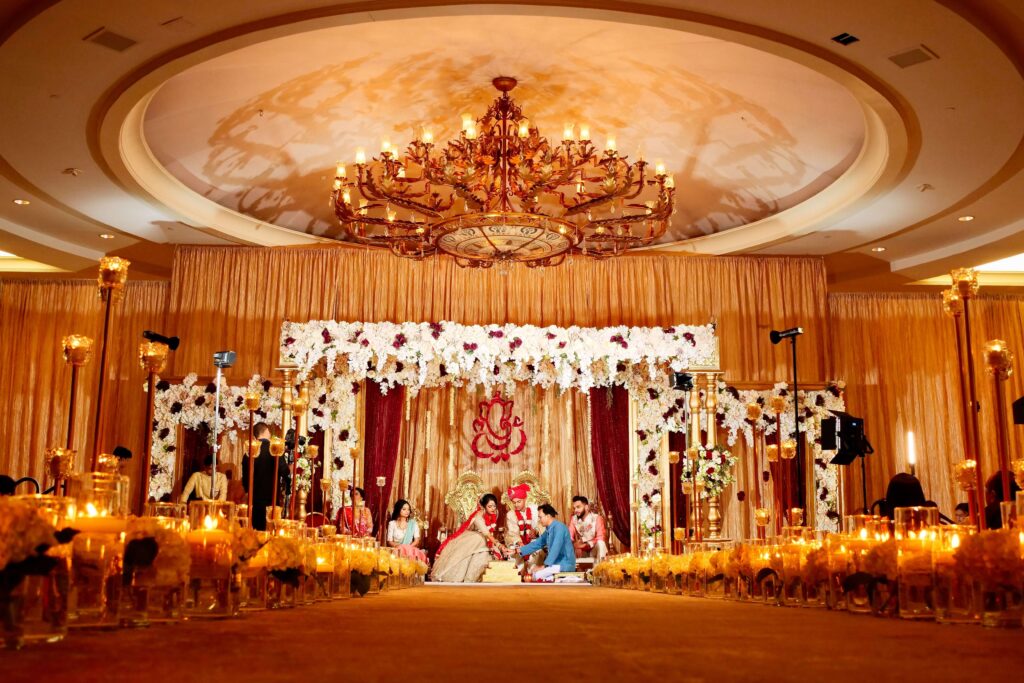
- Hindu Weddings: Hindu weddings are known for their elaborate ceremonies, traditions, and the sacred bond of marriage. From the pre-wedding rituals like Mehendi (henna) and Sangeet (musical night) to the main wedding ceremony, which includes rituals like Kanyadaan (giving away the bride) and Saptapadi (seven steps around the sacred fire), Hindu weddings are a celebration of love, devotion, and cultural heritage.
- Muslim Weddings: Muslim weddings in India are marked by the solemnization of the Nikaah, the marriage contract. The rituals vary depending on the region and sect, but common elements include the Mehendi ceremony, the exchange of vows, and the reception known as the Walima. The bride and groom dress in traditional attire, with the bride wearing a stunning bridal outfit and intricate jewelry.
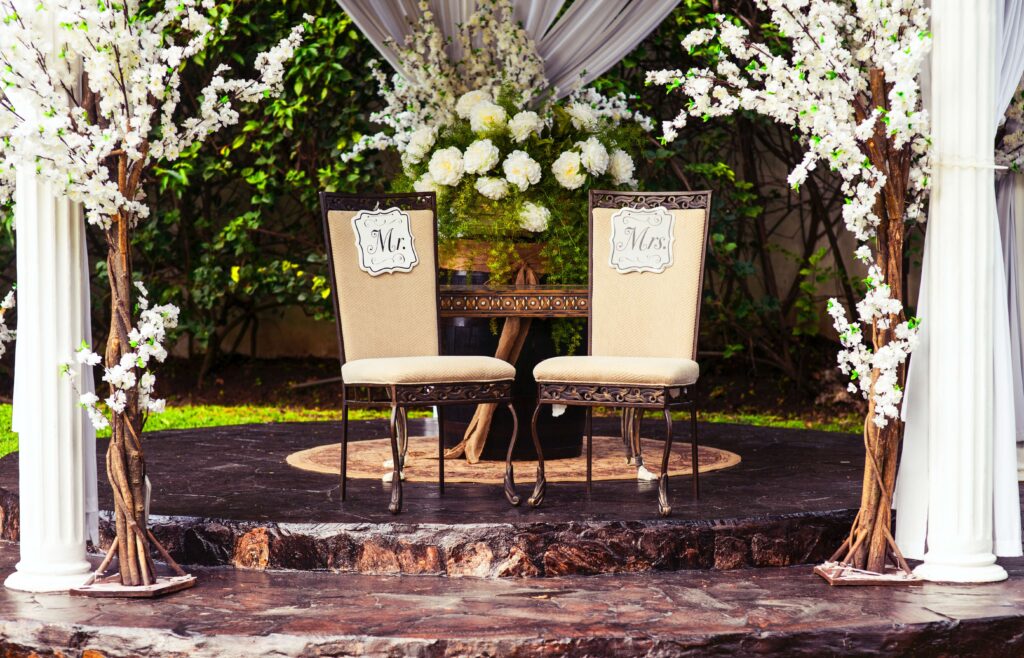
- Sikh Weddings: Sikh weddings, known as Anand Karaj, are characterized by simplicity, spirituality, and communal harmony. The main ceremony takes place in a Gurdwara (Sikh temple), where the couple partakes in the holy Sikh scripture reading and seeks blessings from the Guru Granth Sahib. The festivities continue with a joyous reception that includes vibrant performances, music, and feasting.
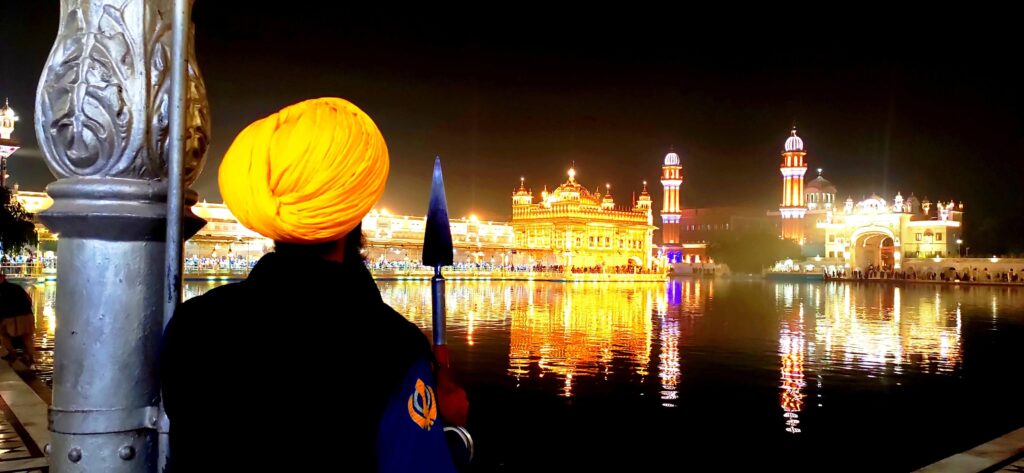
- Christian Weddings: Christian weddings in India blend Western traditions with Indian cultural elements. The ceremony typically takes place in a church, with the exchange of vows, rings, and blessings from the priest. The bride often wears a white gown, while the groom dons a formal suit. Following the ceremony, a reception is held with music, dancing, and a sumptuous feast.
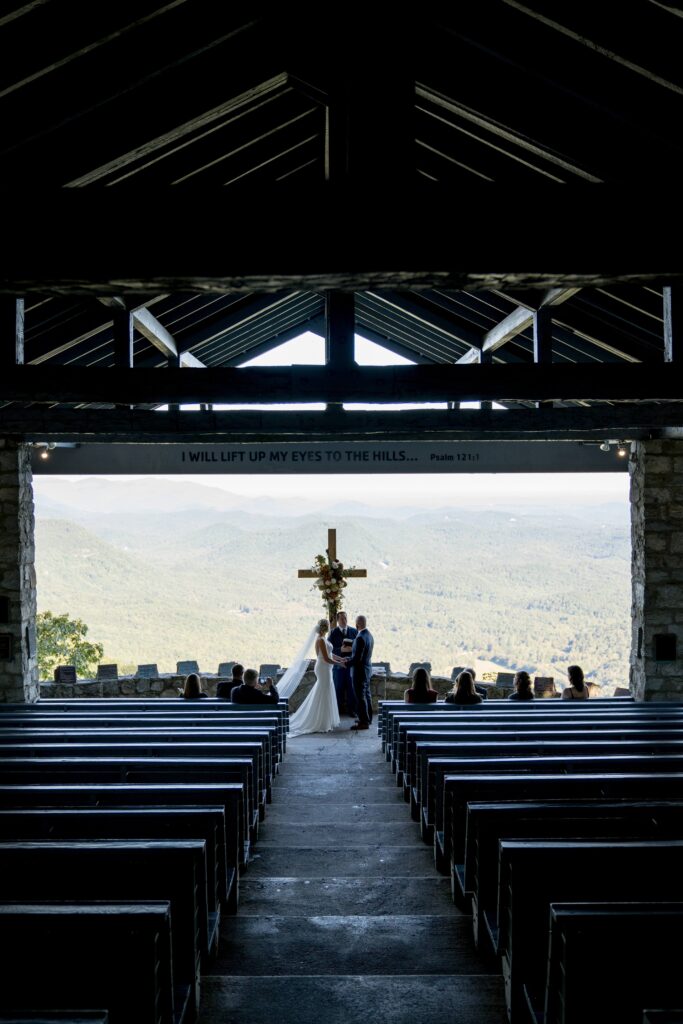
- Bengali Weddings: Bengali weddings, known as “Biye,” are characterized by rich cultural rituals and traditions. The ceremony includes the Aiburo Bhaat (reception of the bride’s family), Gaye Holud (turmeric ceremony), and the main wedding ceremony known as the “Saat Paak” or “Saat Bhaat.” The bride’s attire, with the iconic red and white saree and elaborate jewelry, adds to the charm of the occasion.
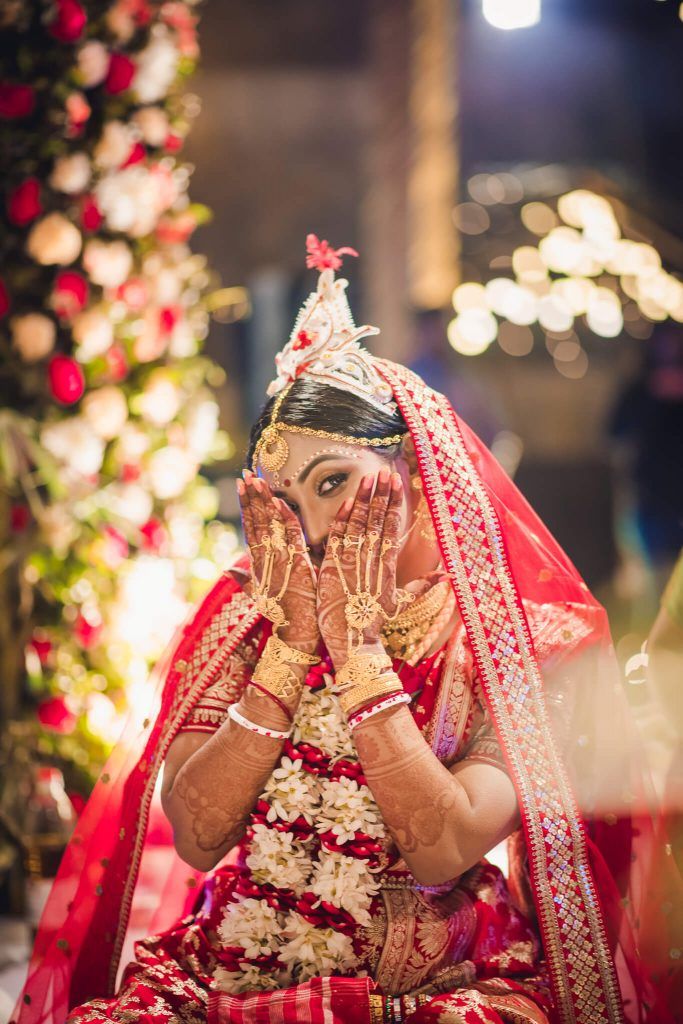
- South Indian Weddings: South Indian weddings are steeped in tradition and are known for their intricate rituals. The ceremonies vary across the states of Tamil Nadu, Karnataka, Andhra Pradesh, and Kerala. The wedding typically includes rituals like the exchange of garlands, tying the sacred thread (Mangalsutra), and the “Muhurtham,” the auspicious time for the couple to take their vows around the holy fire.
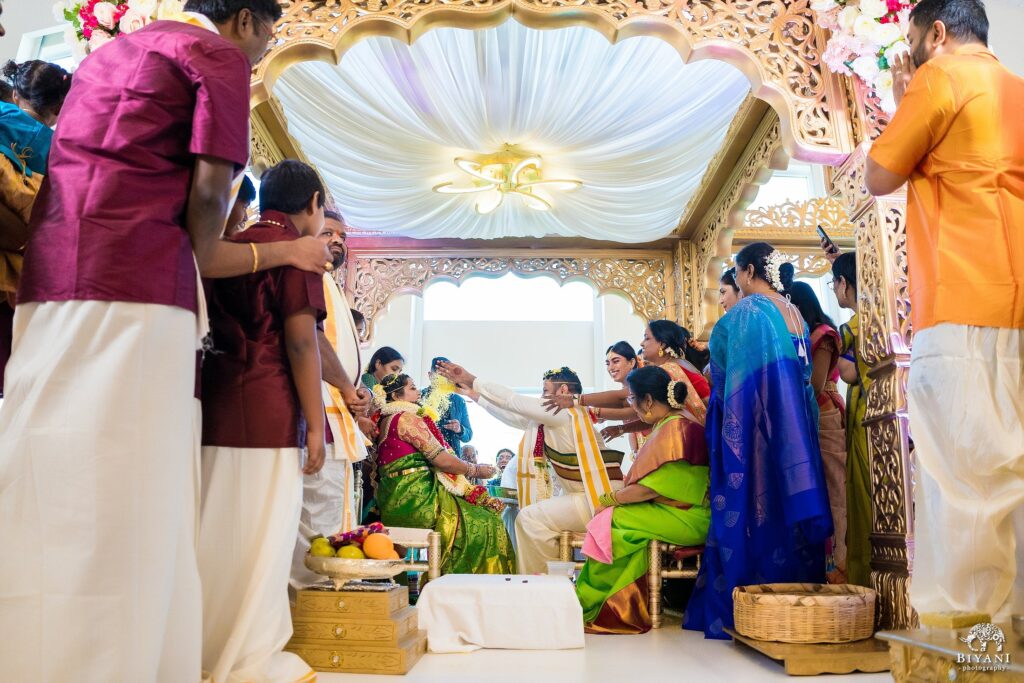
Indian weddings are a reflection of the country’s diverse cultural heritage, customs, and traditions. Each wedding type brings its own unique flair, rituals, and festivities. From the elaborate ceremonies of Hindu weddings to the simplicity of Sikh weddings and the blend of cultures in Christian weddings, the beauty of Indian weddings lies in their celebration of love and the coming together of families. So, whether you’re planning your own wedding or simply intrigued by the kaleidoscope of Indian wedding types, these celebrations will surely leave you awestruck with their richness and splendor.